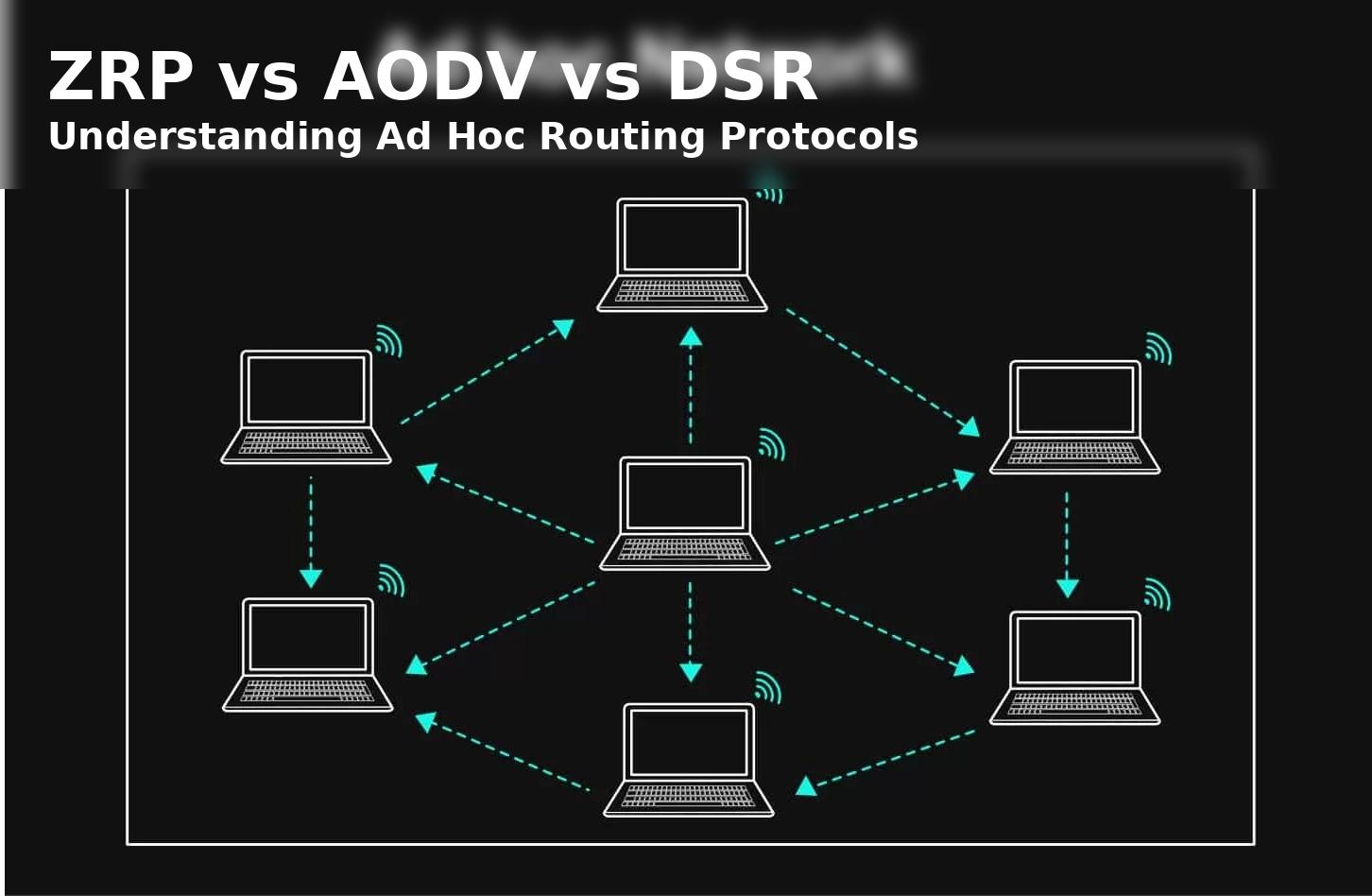Posted inProgramming Technology & Innovation
Posted inDistributed Systems
ROLLBACK RECOVERY MECHANISM
Log-Based rollback Recovery Mechanism Checkpoint-Based Rollback Recovery Mechanism In checkpointing based rollback recovery is a…
Posted inDistributed Systems
Checkpoint-Recovery
Introduction Checkpoint-Recovery is a common technique for imbuing a program or system with fault tolerant…
Posted inDistributed Systems
Deadlock detection
In a distributed system deadlock can neither be prevented nor avoided as the system is…
Posted inDistributed Systems
Suzuki–Kasami Algorithm
Suzuki–Kasami algorithm is a token-based algorithm for achieving mutual exclusion in distributed systems.This is modification of…
Posted inDistributed Systems
Maekawa’s Algorithm
Maekawa’s Algorithm is quorum based approach to ensure mutual exclusion in distributed systems. As we know,…
Posted inDistributed Systems
Ricart–Agrawala Algorithm
Ricart–Agrawala algorithm is an algorithm to for mutual exclusion in a distributed system proposed by Glenn…
Posted inDistributed Systems
DISTRIBUTED SHARED MEMORY
Distributed shared memory (DSM) is an abstraction used for sharing data between computers that do…
Posted inDistributed Systems
Lamport’s Algorithm
Lamport’s Distributed Mutual Exclusion Algorithm is a permission based algorithm proposed by Lamport as an illustration…
Posted inDistributed Systems
Mutual exclusion in distributed system
Mutual exclusion is a concurrency control property which is introduced to prevent race conditions. It is…















